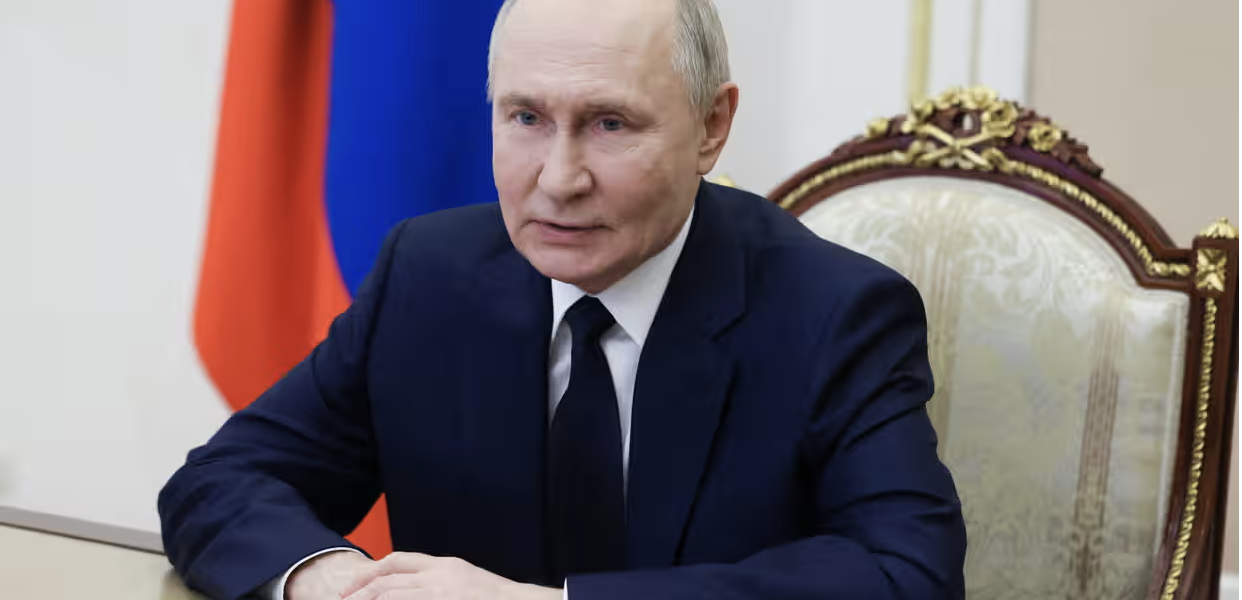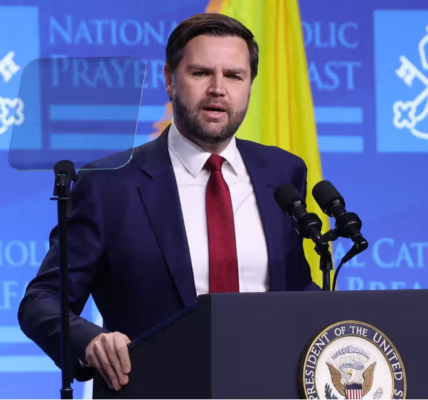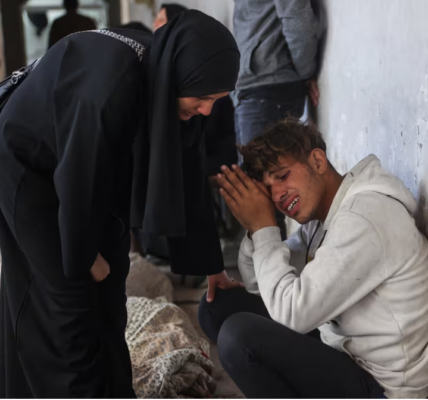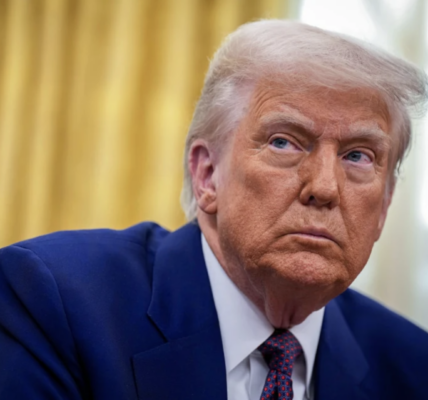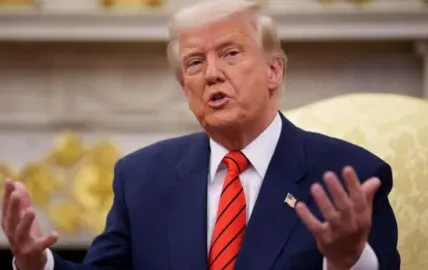Russian President Vladimir Putin. Photograph: Mikhail Metzel/Reuters
Russia has issued a formal warning against Australia sending peacekeeping forces to Ukraine, which threatens severe consequences against such a deployment by Canberra. This movement occurred while Australia evaluated European plans to deploy peacekeeping forces to the battled Ukrainian territory under a potential Russian-Ukrainian peace agreement.
The Proposal for Peacekeeping
Prime Minister Anthony Albanese of Australia declared his willingness to review formal peacekeeping requests during continuous talks about international intervention in the Ukrainian conflict. The UK Prime Minister Keir Starmer proposed a peacekeeping force composed of 30,000 European troops to warn against new Russian aggression.
Since the beginning of the Russian full-scale invasion three years ago, Australia dedicated over $1.5 billion to Ukrainian aid initiatives and has participated in global peacekeeping missions. Albanese pointed out Russia’s unlawful behaviour requires confronting with no reward because Australia fully supports Ukraine’s sovereignty.
Russia’s Stern Warning
The Russian embassy in Australia delivered an announcement calling the Western troops entering Ukraine ‘unacceptable’ because it interferes with peace initiatives. The embassy stated that the message did not amount to a threat, yet it directly warned Australia to stay clear of ‘irresponsible adventurism’ within the conflict area.
The Russian embassy statement presents ideas that echo previous official Russian statements opposing Wester’s involvement throughout the region. Other nations, including France, have received similar warnings from Russia, indicating the country aims to prevent international participation in Ukrainian matters.
Australia’s Position and Global Implications
Defence Industry Minister Pat Conroy announced that Australia should resist sending troops to Ukraine because deployment decisions remain undetermined. The acceptance into the peacekeeping coalition would affect global geopolitics in multiple ways. Any Australian plan for involvement in this situation risks worsening relations with Russia, which might entangle the country more deeply and escalate conflict dynamics.
This situation highlights how countries need to maintain their support for global peace operations and control their diplomatic relationships. Implementing peacekeeping missions by Western powers in Ukraine presents a vital decision-making point for achieving reconciliation or worsening the conflict dynamics.
The world attends to the diplomatic decisions That are now being made. The decision to send peacekeeping soldiers to Ukraine will influence Australia’s international diplomacy while modifying its position among world nations. Future weeks may present additional diplomatic negotiations and strategic manoeuvres while Australia leads this challenging foreign situation.

